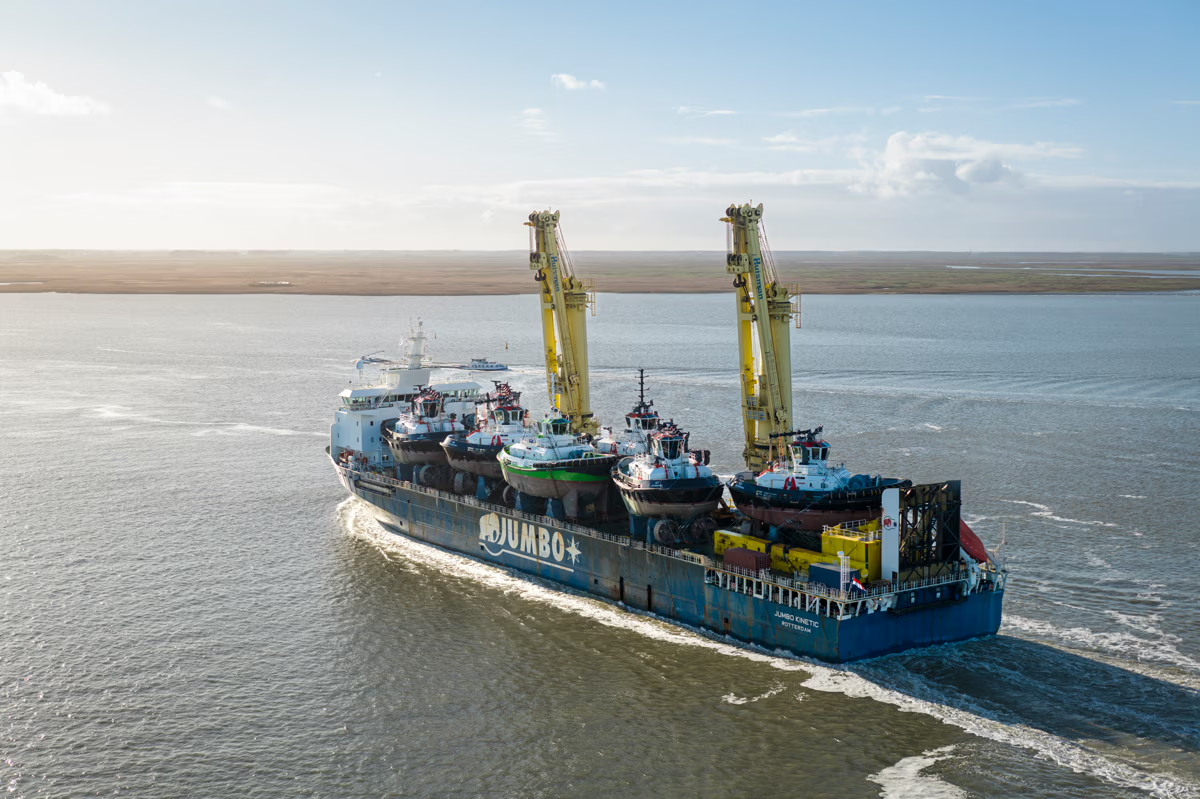At the bunkering port in Rotterdam, the sales of low-sulphur gas oil and diesel almost tripled in 2015 compared to the previous year; from 0.7 to 1.8 million m3. The increase is due to the more stringent sulphur requirements for maritime shipping in the North Sea and the Baltic Sea. With 10.6 million m3, the deliveries of all bunkers – fuel to the maritime shipping sector – remained at the same level as in 2014.
Cleaner shipping
The tripling of the increase in the sales of gas oil and diesel is at the expense of the sales of fuel oil, which fell from 9.8 to 8.7 million m3. The Port of Rotterdam Authority welcomes this development, since gas oil and diesel are significantly less polluting than fuel oil. The Port Authority is committed to cleaner shipping. It shows this by investing in Rotterdam as LNG hub and stimulating the transition from fuel oil to LNG (liquefied natural gas) as a fuel for shipping. The Port Authority expects that in 2017, the first sea-going vessel will be able to bunker LNG in Rotterdam from the water via a bunkering vessel.
Diversification
The use of low-sulphur fuels by the shipping sector may be more than the 2015 figures of Rotterdam show. The adoption of more stringent sulphur requirements for maritime shipping in the Emission Control Areas (ECAs) North Sea, Baltic Sea and the coasts along the United States has resulted in the introduction of new products by the market. This includes the production of so-called ‘ECA fuels’, while ultra-low sulphur fuel oil (ULSFO) is now also available on the market. The sales of these new products are not specifically reflected in the figures of the Port of Rotterdam Authority.
Source: Port of Rotterdam



























































